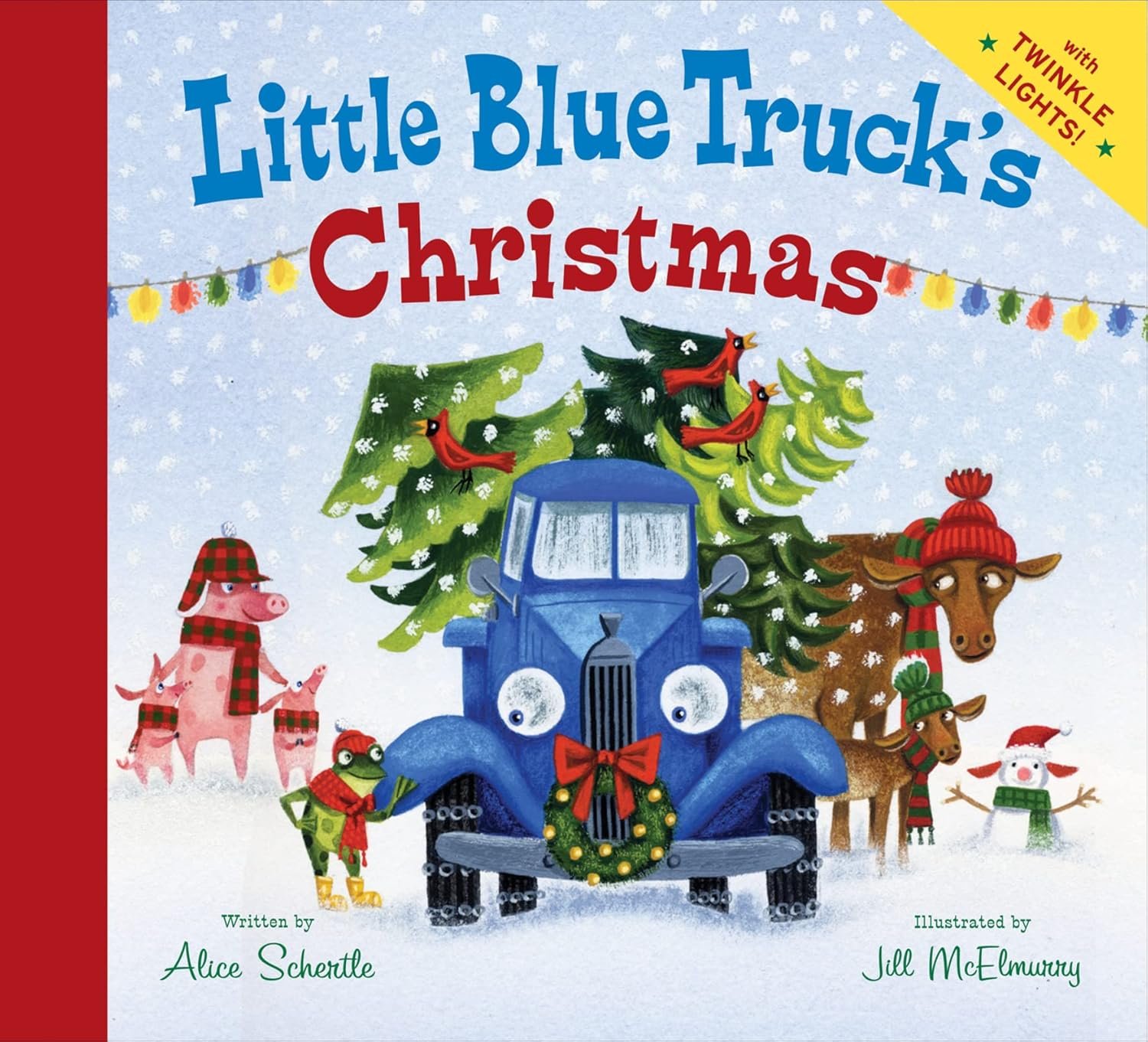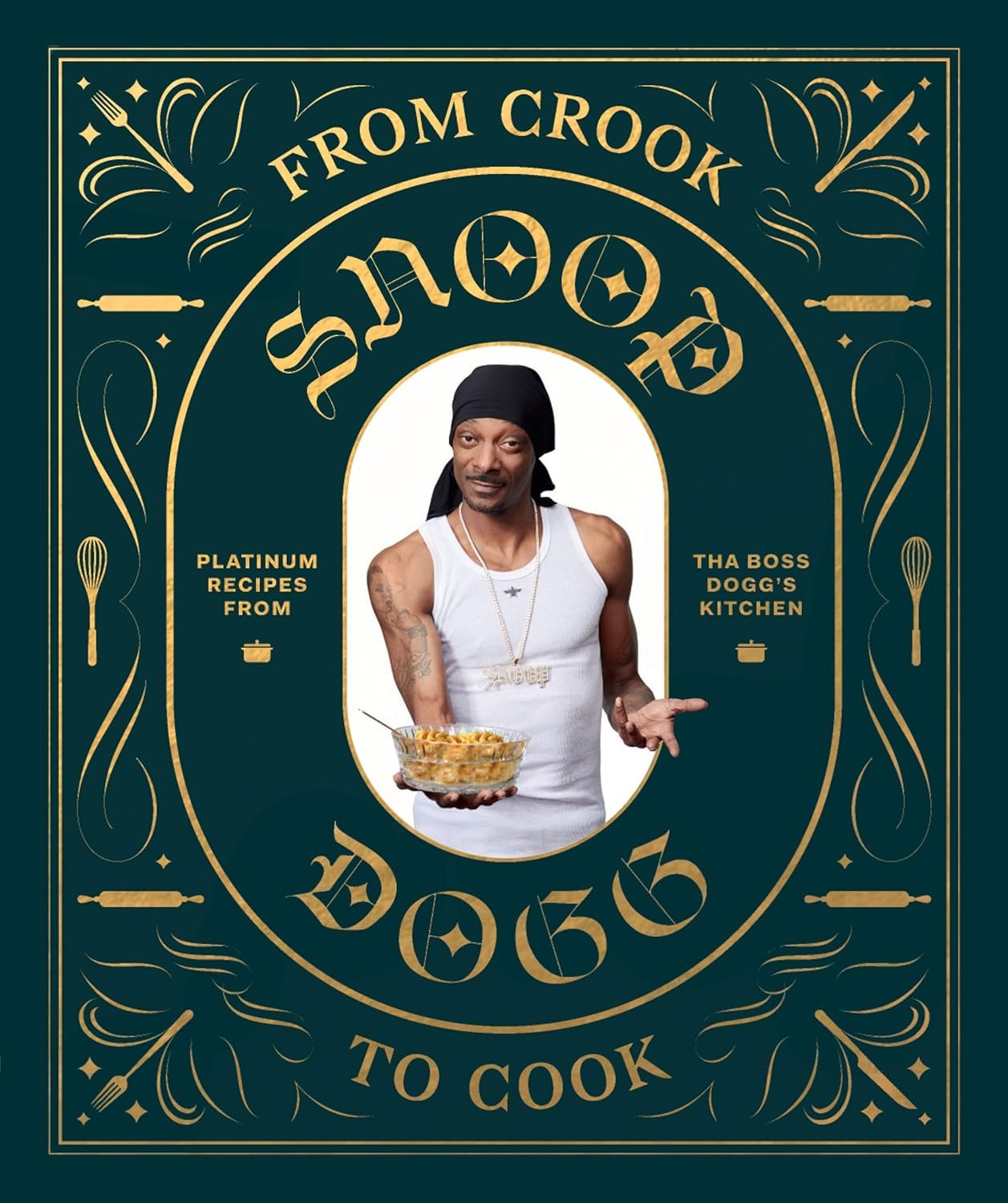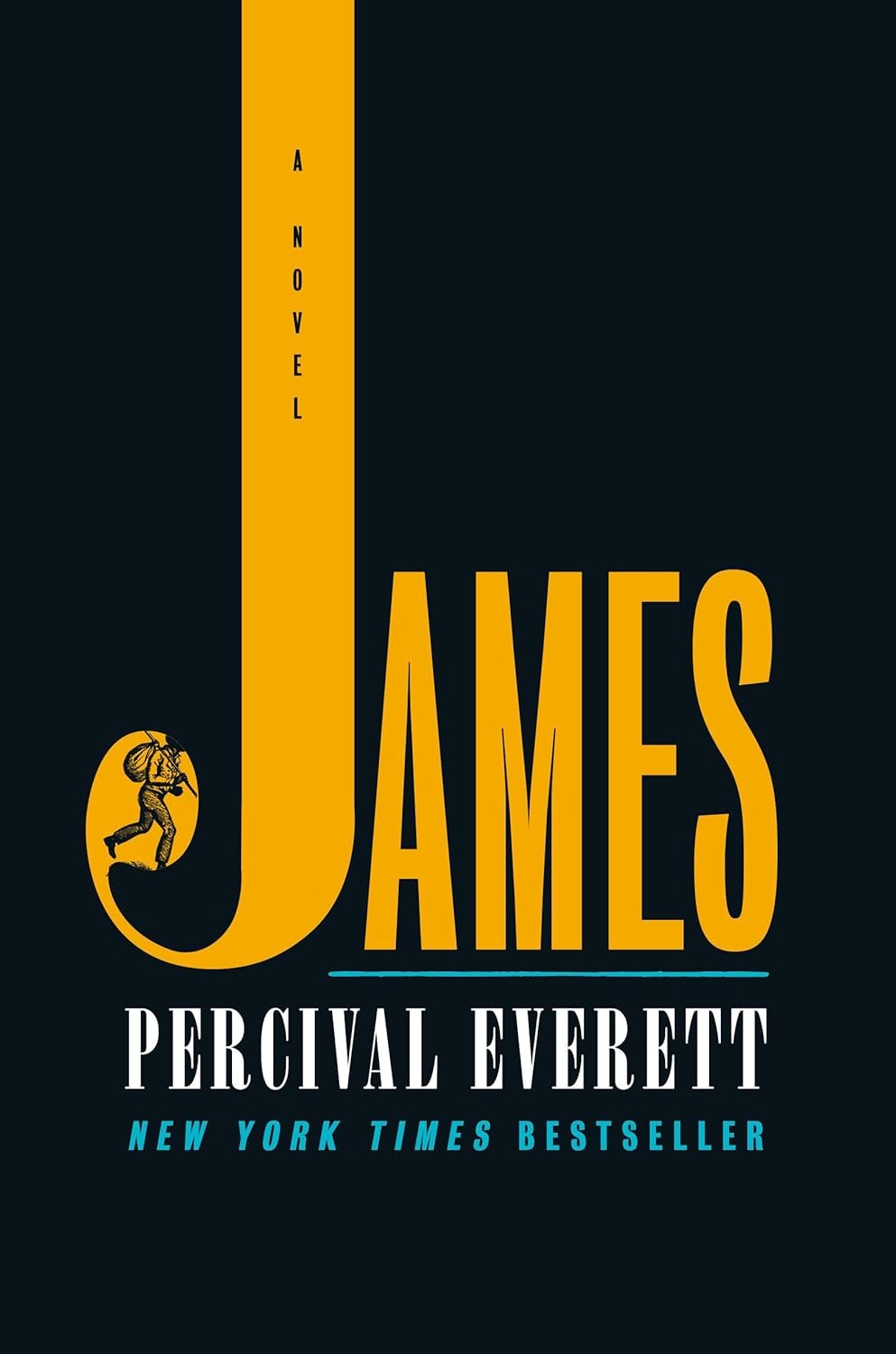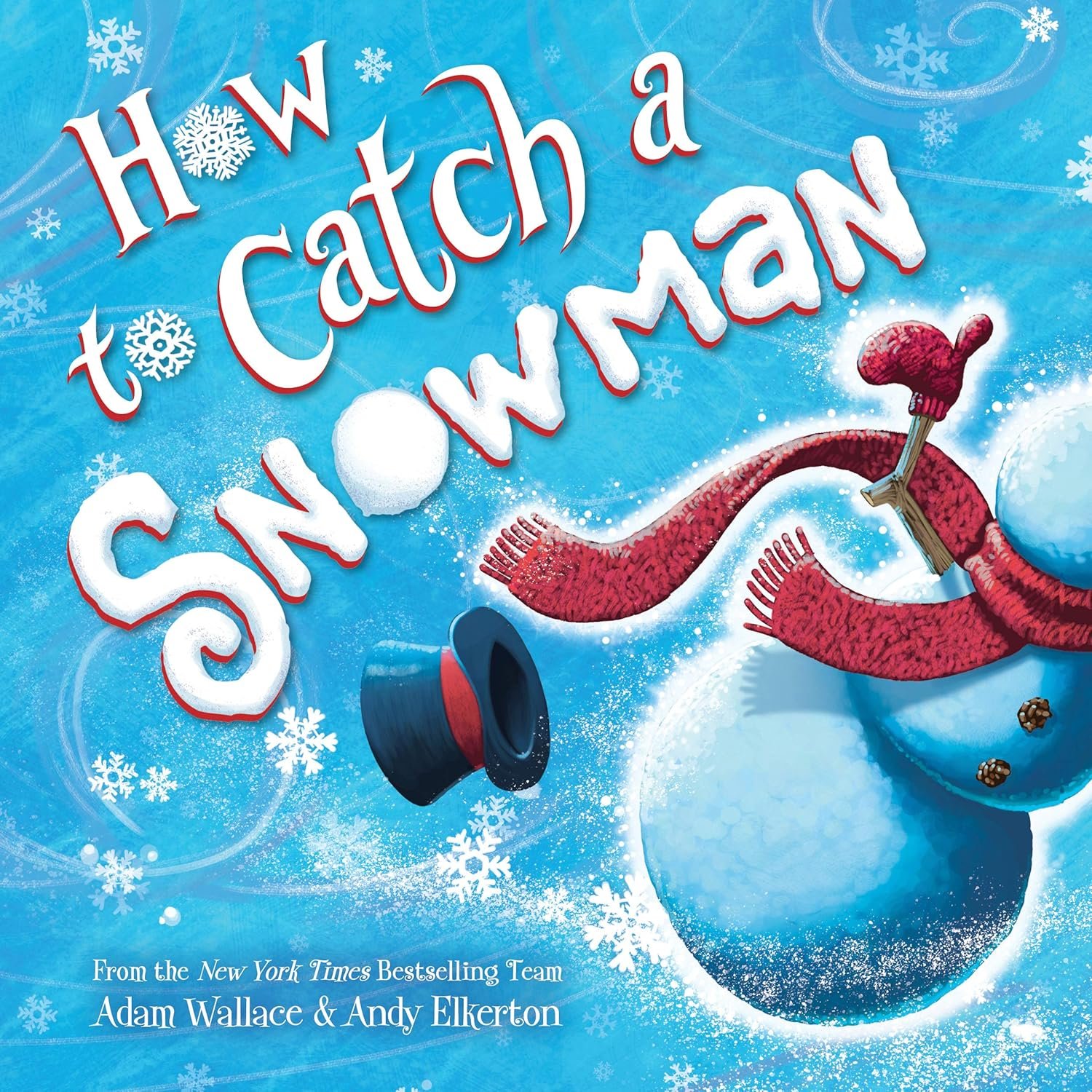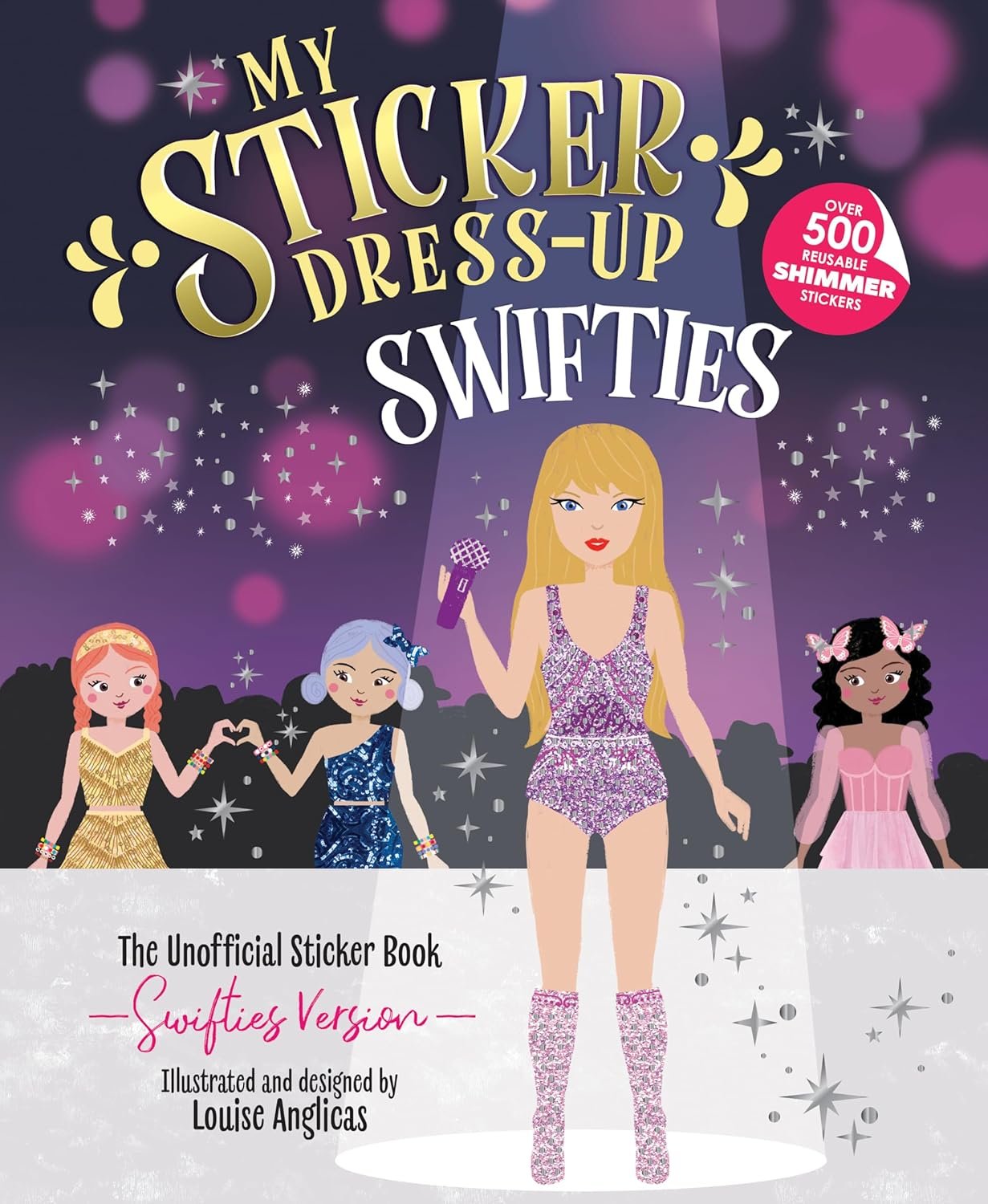THE SUMMER SUN HUNG LOW in a blue sky, heat so heavy it seemed to sink beneath flesh, cling to bone. A medley of buzzing sound filled the air, winged insects in frenzy. There was the smell of sod, the occasional flap of wings, and the rustle of fabric as Cyrus subtly shifted his weight in the tall grass. At least a dozen times he’d watched mosquitoes land on various
aspects of his body, and at least a dozen times he’d struggled to remind himself not to kill the insects but to brush them away gently. This method was not foolproof.
Absently scratching at a bite on his arm, he peered up at the smudging sun before glancing again toward the horizon. He stood at the center of a meadow, acres of willowy grass interrupted only by a wild scatter of red
poppies, their stems occasionally bending in the weak, welcome breeze.
Cyrus leaned against the edge of a human-scale honeycomb; it was a massive wooden re-creation of the iconic hexagonal chambers, one of several seated on the sprawling back field of the Diviners’ land. Cyrus didn’t know when, exactly, the others were due to return, and his
composure was unraveling. He drummed his fingers impatiently along his covered thigh, then tugged at the collar of his heavy black cloak.
“Too restless,” came a deep, steady voice.
Cyrus stilled, then turned carefully to face his teacher. The older man, Rostam, stood unflinching under the melting heat, his hood pulled back to reveal the shaved head, tanned skin, and unflappable calm of one who might be standing in the shade. Rostam did not sweat. He did not fidget.
Cyrus, meanwhile, didn’t know how much more he could endure. The lesser, second son of Tulanian royalty had only recently acknowledged his fourteenth birthday, and he was neither fully at home in his body, nor was he yet in command of his mind. He’d not mastered the art of silent communication, either, and his voice, as a result, was one of the few that carried across the field.
“We’ve been waiting three hours,” said Cyrus carefully, lest his tone register the statement as a complaint.
Rostam tilted his head. “Three hours,” he echoed. “And all you’ve done is wait?”
Cyrus felt a prickle of unease.
“What have you been waiting for, little one?”
Even as he knew there must be more to the question – knew there was something he’d missed – Cyrus felt compelled to answer honestly. “I’m waiting for the others to arrive.”
When this elicited no response from his teacher, he added: “They’re due to return from the mountains with a fresh yield of crystals. We’re meant to cleanse and sort the harvest before extracting the magic.”
Rostam fixed the young prince with a piercing look, and Cyrus grew increasingly apprehensive. His teacher said again, even more softly: “What have you been waiting for?”
This time, Cyrus didn’t answer right away.
He’d been at the temple long enough to know when he was being challenged, and though he withered under Rostam’s unrelenting stare, he didn’t push the overgrown locks out of his face, despite the sweat beading
at his hairline; he didn’t flinch, despite the buzzing creature that landed on his hand. He funneled all his energy into maintaining the pretense of calm when, more than anything, Cyrus wanted to unlatch his cloak and toss it to the ground. He wanted to run home and dive into the falls without pause, wanted to swim with his dragons until the moon rose high in the sky.
Cyrus wanted to fly tonight.
He wanted to fall asleep on Kaveh’s back, wanted to open his eyes and be blinded by the stars. He wanted it to be tomorrow, when this hellish work was done and the crystals were ready for extraction, when he might try again to coax the magic free of its home and into his hands and – And then, he understood. Like a flickering bulb he brightened, then dimmed.
“I’ve been waiting,” said Cyrus, “for this to be over.”
A spark of approval animated Rostam’s eyes. “And where have you waited, little one?”
Quietly, he said, “In the future.” “Three hours of your life, lost.”
“Forgive me,” said the young prince, lowering his head. “I’ve been consumed by thoughts of my own desires and comforts, when I came here today to be present for others.”
There was a beat of silence before Rostam nudged the boy’s chin upward, and Cyrus slowly met his teacher’s gaze. “You do not require forgiveness. You require perspective.”
Cyrus blinked at him, the question unspoken.
Rostam stepped back and opened his hands, turning his palms parallel to the ground. Slowly, he curled one of his hands closed, and a soft breeze
drew toward them. Cyrus felt the breath of cool air curl around his neck, lift his limp hair, slide under his sunbaked cloak. The pleasure was so instant he went slack as Rostam lifted his other hand, turning his palm up to the sky
where a cloud appeared overhead, suddenly casting them into shade. The young prince enjoyed this respite for several seconds before
Rostam said, gently, “You must not resist life when it becomes inconvenient to live. You cannot outrun fear. You should not ignore pain. You will not
outlive death.”
Cyrus felt a strange sense of foreboding. “What do you mean?”
“You spent three hours in a state of distress – focused solely on one emotion – hoping to discard those hours from your life as if your
discomforts might expire with them. But life cannot be experienced one
emotion at a time. It is a tapestry of sensation, a braided rope of feeling. We must allow for reflection even when we suffer. We must reach for compassion even when we triumph. If you spend your days waiting for your sorrows to end so that you might finally live” – he shook his head – “you will die an impatient man.”
Cyrus only stared at him, his heart beating hard.
Rostam flicked his fingers and the breeze withdrew, the shade evaporated. Once more, Cyrus felt the sun bear down on him, the heat so oppressive he began to perspire at once.
Instead of fighting the feeling, he surrendered.
He closed his eyes and searched for the breeze. Beads of sweat raced down his back and still he exhaled, releasing the tension from his body. Finally he felt the gentle caress of a current, the tall grass swaying against his legs; he listened to the harsh zizz of a wasp hovering. The air was muggy, his cloak suffocating, and he opened his hands to catch more wind against his palms, heard the burble of a small spring in the distance. There were birds, the gentle flutter of butterfly wings.
By degrees, the world around him seemed to settle, its thorns retracting, and though he was scorched and parched, Cyrus finally felt present. When, after a time, he opened his eyes, he discovered Rostam staring at him curiously, a skin of water held in his outstretched hand. The prince accepted this offering with deep gratitude before taking a long pull from the vessel.
“You’re not ready to endure the heat without water,” said his teacher. “But you exhibit great fortitude for one so young.”
Cyrus caught his breath, ducking his head slightly as he wiped his mouth. “Thank you, sir,” he said. “I’m very grateful.”
Rostam looked away as Cyrus took another drink, and when he looked back, he said, “Do you know why we master ourselves in order to master
the magic?”
“Yes, sir.” Cyrus handed back the empty waterskin and, like an eager student, parroted the ancient Fesht line –
“Bel nekan nostad, nektoon bidad.”
If it does not trust, it will not come.
“The magic will not release,” the prince explained, “to any person of unsound heart and mind. The Diviners act as intermediaries between the extraordinary realm and the ordinary, coaxing magic free from their crystals so that their power might exist safely in our world.”
“What you’ve said is correct,” said Rostam, whose countenance did not change. “But you’ve yet to answer my question. Once again: Why do we master ourselves before we can master the magic?”
Cyrus, who been certain he’d given a sufficient response, now faltered. “I don’t – I’m not sure, sir.”
“You’ve not yet seen how a man can be destroyed by weakness of the flesh,” said Rostam, his timbre low and steady. “Desire, power, riches, immortality. You are still young and pure of heart – the world does not yet
appear to you a misshapen place. But know this: magic has left in its wake a galaxy of dead stars. Even Diviners have not been immune to the allure of manifold power.”
As if in response, there came a flurry of commotion in the distance, a storm of dragon feet hitting the ground with a series of small tremors. Cyrus was briefly distracted by the sight of two dozen dirt-streaked Diviners freshly returned from the mines. They dismounted the vivid beasts in perfect silence, the static of unrefined magic snapping all around them as they unloaded their wares. His heart soared at the sight. He wanted nothing more than to run to them.
Rostam settled his heavy hands on Cyrus’s shoulders, startling the boy back to the present moment. His teacher’s eyes were urgent, and when he spoke, the words thundered in the quiet between them.
“Master yourself so that you will never be mastered. Know yourself so that you might live with conviction. Live with conviction so that your steps never falter.” He paused. “The mastery of self means never fearing the
consequences of doing what is right.”
Rostam released his shoulders, and Cyrus felt strange as he took a step back, as if the world around him had blurred. He blinked repeatedly, his heart pounding loudly in his chest as a faraway dragon gave a tired roar. It was a mercy that the prince was self-aware enough to understand even then – even as he failed to grasp the magnitude of what his teacher was saying – that he needed to pay attention.
“When you suffer,” Rostam went on, “you can choose to endure, or you can choose to overcome.” He gestured around them, to the vast expanse of the meadow. “Here, even in the midst of your discomfort, there existed
elements of relief, if only you had bothered to search.”
